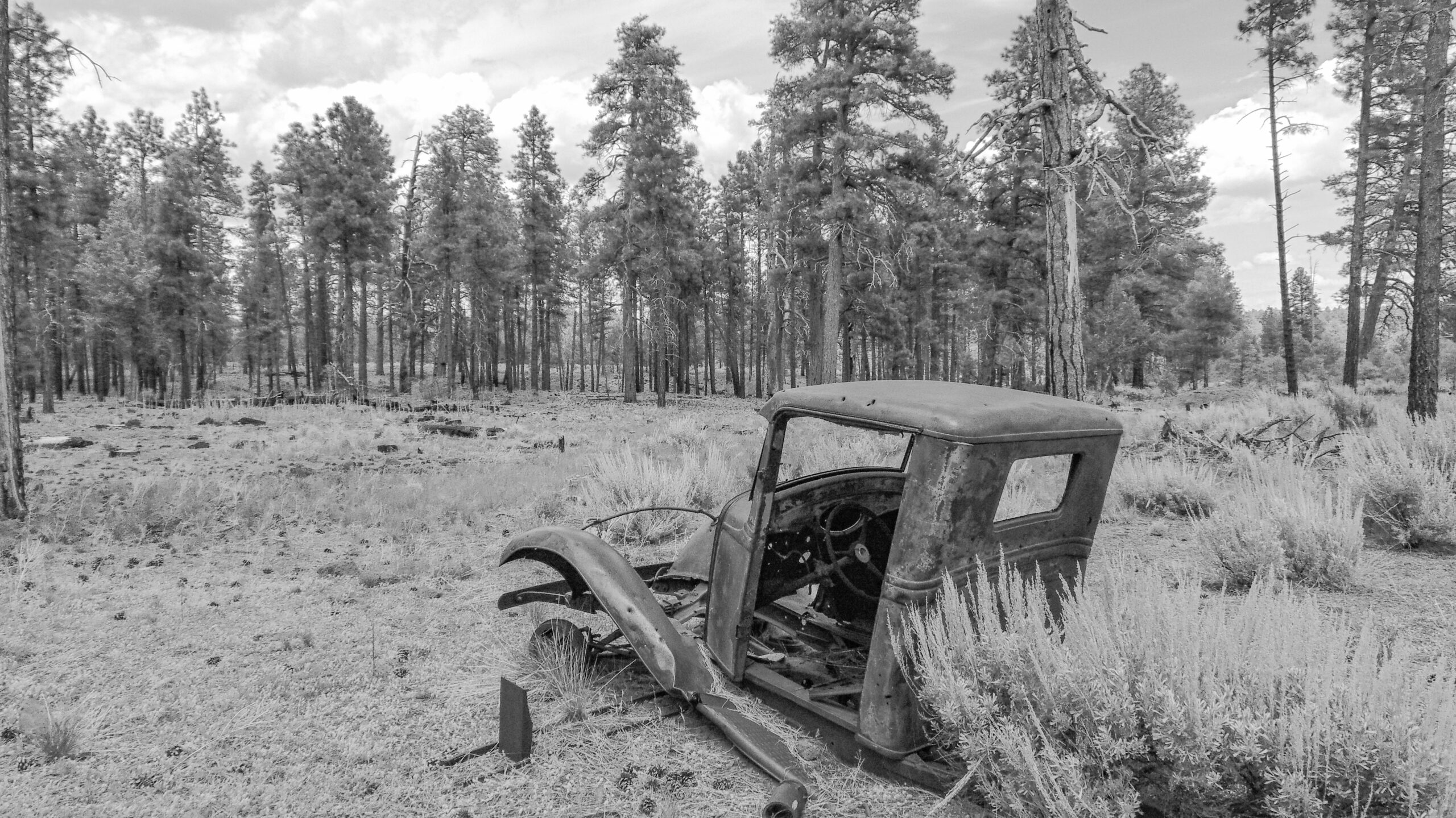Prepared By The Western Counties’ Resources Policy Institute
Background
In the fall of 1996, the BLM sued three Utah counties, Garfield, Kane and San Juan, to try to stop them from doing traditional road maintenance activities on RS 2477 roads over BLM-managed land. It was widely recognized that these suits were filed by the government to try to establish a precedent which would reduce the scope of RS 2477 rights.
The three cases were subsequently consolidated before Federal District Judge Sam. In October, 1997 the first preliminary ruling was issued in these cases, a “Memorandum Decision Addressing the United State’s Motion For Partial Summary Judgement and Motion to Strike Kane County’s Fourth Defense,” (Consolidated Case No. 2 : 96-CV-0836-S) While this largely centered on pre-trial maneuvering, in rejecting the motion of the federal government the judge made a number of points which are very supportive of the counties’ position on RS 2477 rights-of-way and the associated rights.
Excerpts from the Decision
“Although RS 2477 was repealed by FLPMA, RS 2477 rights-of-way in existence on the date of FLPMA’s passage, October 21, 1976 are protected. Therefore, RS 2477 rights-of-way are preserved as they existed in 1976.” Pages 9-10.
“Because RS 2477 rights-of-way were self-executing, needed no ratification from the federal government, and are preserved as they existed in 1976, it appears to the court that Kane County need not petition the BLM before exercising its RS 2477 rights. While the BLM may have authority to inquire into the validity of any such right-of-way after it is asserted, the United States fails to cite persuasive authority supporting the position that after the enactment of FLPMA, before RS 2477 rights may be recognized ‘there must be a determination that the rights were established during the period in which the statute was in effect.’” Page 10.
“…the quoted language does not suggest to the court that the BLM must first recognize the validity of an RS 2477 right-of-way before rights in the holder arise.” Page 11.
“The court, however, does not read (Sierra Club v.) Hodel or the other authority as requiring Kane County to obtain BLM authorization before undertaking “any road work which would expand or modify an existing intrusion on public lands.” The United States has failed to cite any specific statute or regulation which persuades the court otherwise.” Page 17.
“Case authority suggests that as long as Kane County stays within its right-of-way, the scope of which is to be defined using Utah law, BLM authorization is not required.” Page 19.

